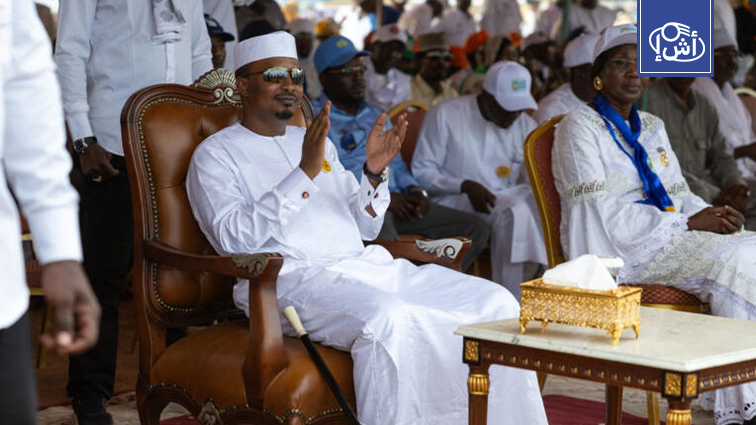On Saturday, Chad is witnessing the last day of the presidential election campaign, in which ten candidates are competing, most notably transitional President Mahamat Idriss Déby and Prime Minister Soxé Masra.
Some opposition parties and civil society groups have called for a boycott of the elections, noting that Mohamed Idriss Déby, who seized power after his father Idriss Déby was shot dead in April 2021, and his allies control key power institutions and can influence the integrity of the electoral process.
One of Déby’s most prominent rivals will be Soxé Massara, a political opponent who spent a year in exile but shocked Chadians when he agreed to become Déby’s prime minister.
Chadian researcher Rimadji Honati said of Déby’s fortunes: “Monday’s vote will be crucial for the interim president, if he gets votes to be president, it will allow him to break free from his status as heir to his father.”
“But nothing is settled, because the election campaign showed that the competition was more open than we initially thought, and that’s what makes all scenarios possible.”
As for the prime minister, Chadian sociologist Gondio Ladiba believes that he enjoys wide popular acceptance, especially with the start of his election campaign, which gave voters an opportunity to get to know him and his platform.
Chad is the first in a group of countries ravaged by coups in Central and West Africa to go to the ballot box after long periods of military rule.
Chadian voters are preparing to cast their ballots in a ballot on Monday (May 6th), with the second round on June 22nd, with preliminary results to be announced on July 7.
Deteriorating humanitarian situation in” Al-Aloum” camp for Sudanese refugees in Chad
